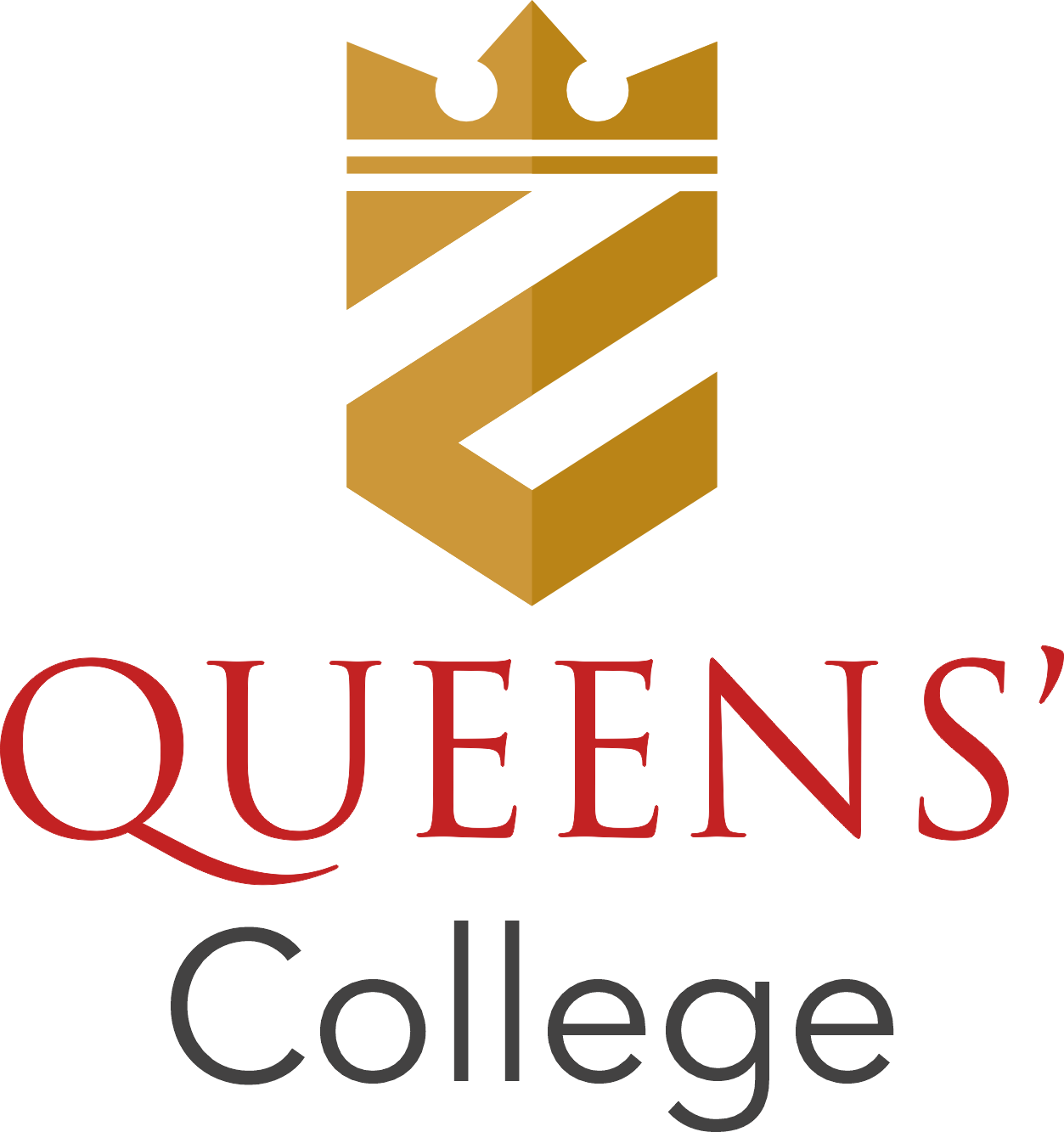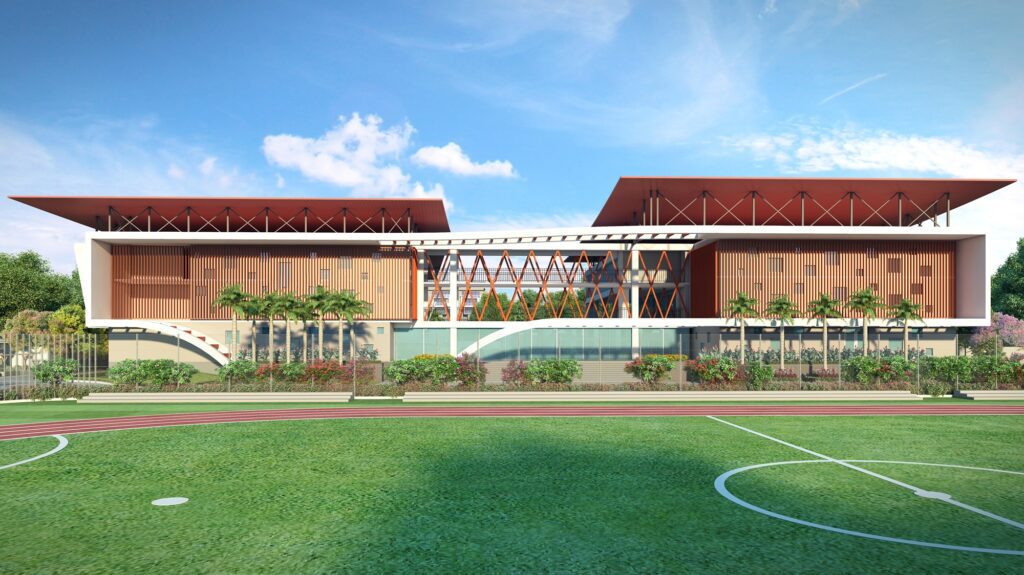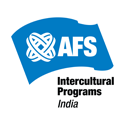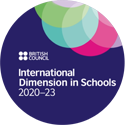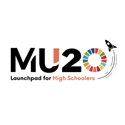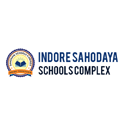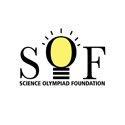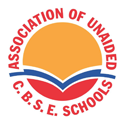Curriculum
Academic Groups
Curriculum
Examination
Resources
Sel & Enrichment
Curriculum
PEDAGOGY & ACADEMIC FRAMEWORK
PEDAGOGY & ACADEMIC FRAMEWORK
At Queens’ College, we adopt a progressive, student-centric pedagogy that is aligned with the CBSE and NCERT guidelines, ensuring a robust, comprehensive, and engaging educational experience. Our framework is designed to cater to the evolving needs of learners, preparing them for academic excellence, social responsibility, and global citizenship.
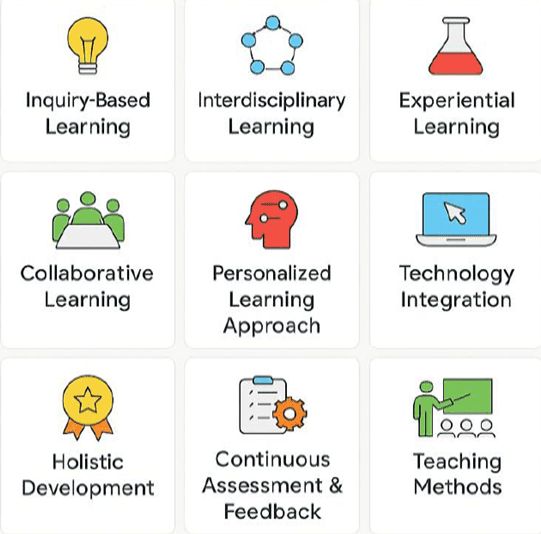
Core Principles:
1. CBSE & NCERT-Aligned Curriculum:
Our academic framework is meticulously designed following the CBSE guidelines and NCERT curriculum. This ensures that our students are equipped with foundational knowledge, core skills, and competencies required for higher education and beyond. The curriculum promotes critical thinking, practical application, and value-based education.
2. Inquiry-Based Learning:
We foster a culture of curiosity where students are encouraged to ask questions, explore concepts, and seek answers. Inquiry-based learning allows them to take ownership of their learning, empowering them to become independent thinkers.
3. Interdisciplinary Learning:
At Queens’ College, we connect subjects and skills to create a holistic learning experience. By integrating ideas from multiple disciplines, students see the connections between subjects like science, mathematics, humanities, and the arts, helping them apply knowledge meaningfully in real-world contexts.
4. Experiential Learning:
Through hands-on learning, field trips, practical labs, and real-life projects, students engage deeply with the content. This method, promoted by NCERT, ensures that learning extends beyond theoretical knowledge, giving students a chance to practice and reflect on their learning.
5. Collaborative Learning:
Learning is not an isolated activity. We encourage collaborative group work, peer learning, and teamwork on various assignments. This builds essential interpersonal skills, including communication, leadership, and empathy, and aligns with the NCERT’s emphasis on developing socio-emotional skills.
6. Personalized Learning Approach:
Understanding that every child is unique, we tailor our teaching strategies to meet individual needs. Whether providing remedial support or offering advanced challenges, our teachers ensure that each student has the resources and guidance to succeed.
7. Technology Integration:
Technology plays a crucial role in today’s learning environment. We integrate digital tools into lessons, fostering digital literacy and providing students with opportunities to use technology for research, creativity, and problem-solving.
8. Holistic Development:
At Queens’ College, education extends beyond the classroom. We encourage students to engage in sports, performing arts, and extracurricular clubs (like MUN, SEVA, Literacy, Photography, and Entrepreneurship). These activities build character, creativity, and leadership, nurturing well-rounded individuals.
9. Continuous Assessment & Feedback:
Our assessment approach is designed to be comprehensive and reflective of real-world skills. We emphasize formative assessments, such as project work, presentations, and peer reviews, to give a clearer picture of students’ growth. Regular feedback helps guide students towards self-improvement.
Teaching Learning Methods:
Interactive Lectures & Discussions: Our teachers create an environment where students actively participate in lessons through discussions, debates, and critical reflections.
Collaborative Projects: Students work together on practical assignments, learning teamwork, and problem-solving in real-world scenarios.
Peer Learning & Mentorship: Senior students mentor juniors, facilitating a collaborative environment that enhances learning outcomes.
Communication and collaboration tools: At Queens College, communication and collaboration are elevated through the use of Microsoft and an ERP system. These tools streamline homework, assessments, assignments, attendance, and learning analytics, while also facilitating real-time parent interaction and academic tracking. Together, they create a transparent, efficient ecosystem that enhances student engagement and performance.
Workshops & Practical Demonstrations: Our educators bring theory to life with hands-on demonstrations, helping students connect academic knowledge with practical applications.
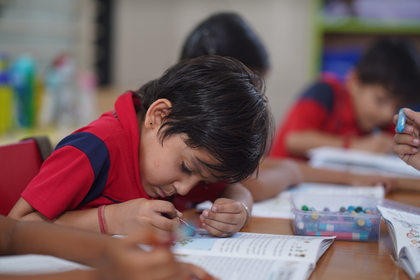
Pre-Primary
The curriculum for pre-primary classes is designed to promote holistic development through play-based and experiential learning. It focuses on key areas such as language development, early mathematics, science exploration, and social skills, all integrated into engaging activities. Creative arts, music, movement, and outdoor play are essential components, encouraging creativity and physical development. The approach nurtures curiosity, confidence, and social-emotional skills, providing a strong foundation for lifelong learning in a safe and stimulating environment.
Student growth across five key areas is targeted:
- Physical and Motor Development: Focuses on enhancing gross and fine motor skills, physical health, and overall coordination.
- Cognitive Development: Promotes early problem-solving, critical thinking, and the exploration of foundational literacy and numeracy concepts.
- Socio-Emotional Development: Encourages emotional intelligence, empathy, social skills, and positive relationship-building.
- Language and Literacy Development: Supports the development of communication, language comprehension, and early literacy through storytelling, phonetics, and vocabulary-building activities.
- Creative and Aesthetic Development: Fosters imagination, creativity, and artistic expression through various forms of art, music, and hands-on activities
